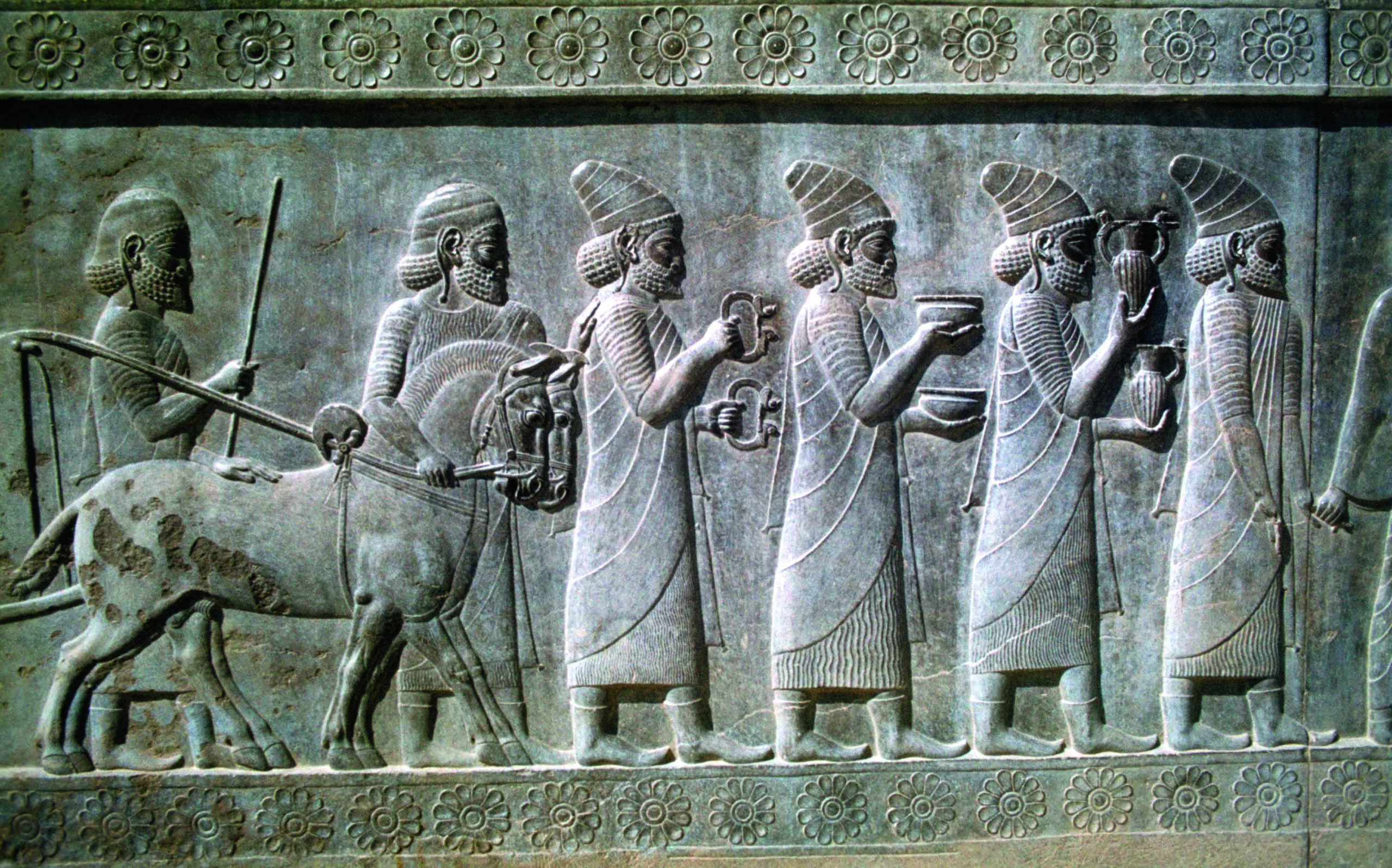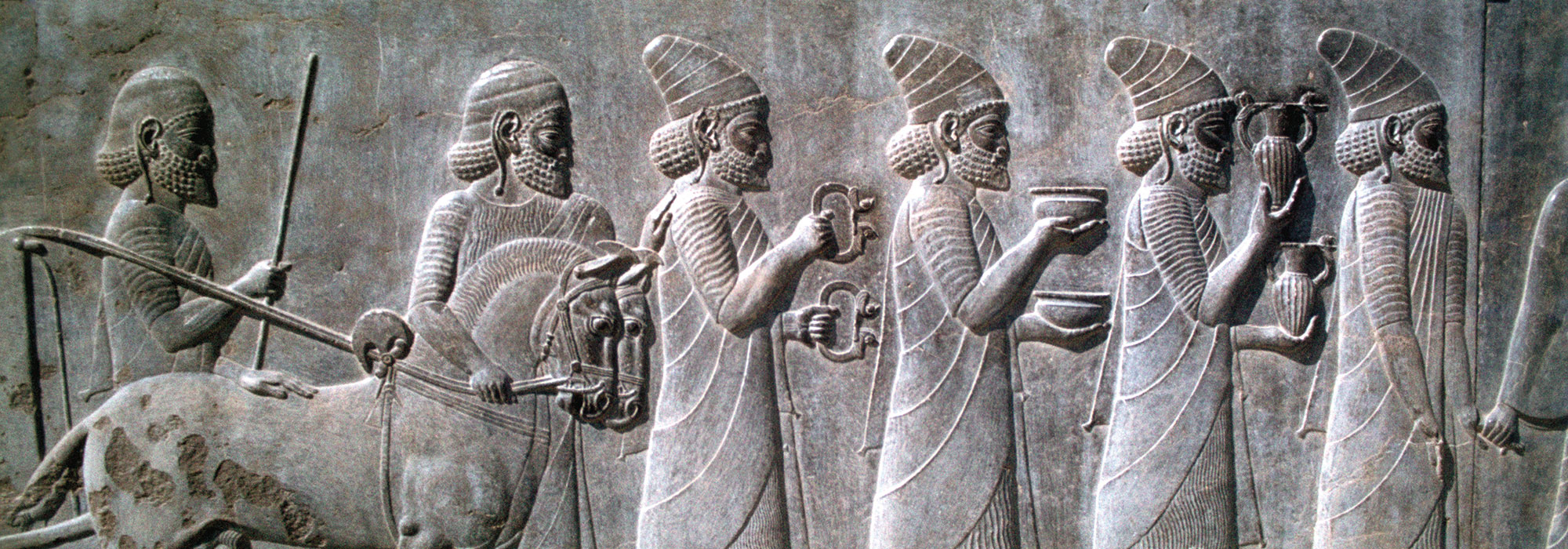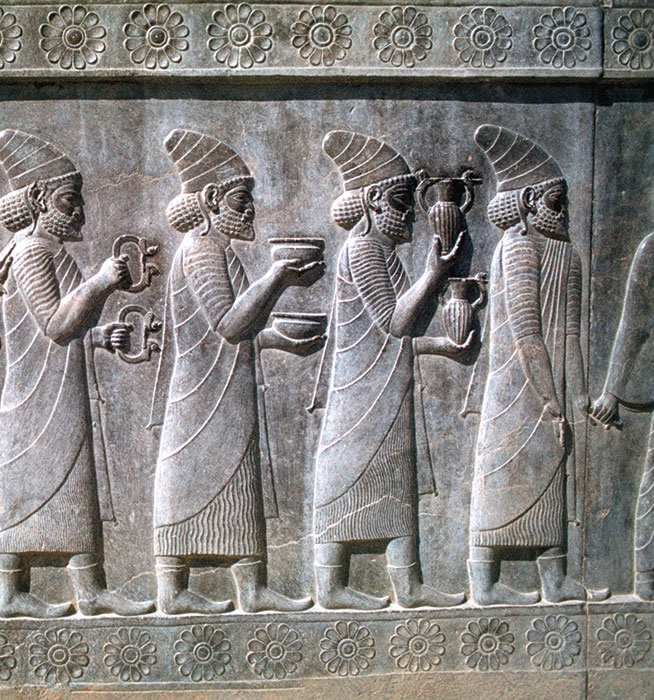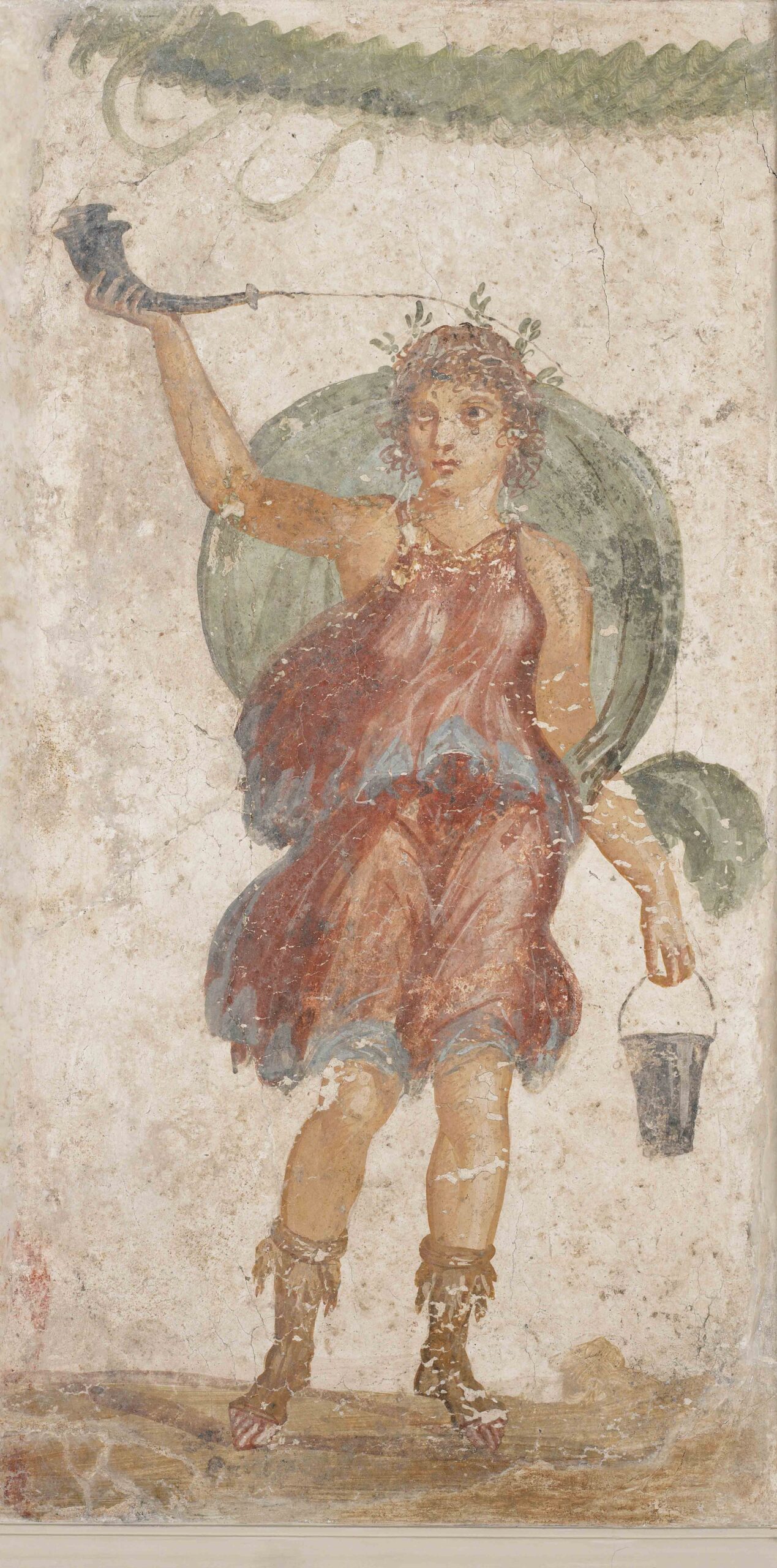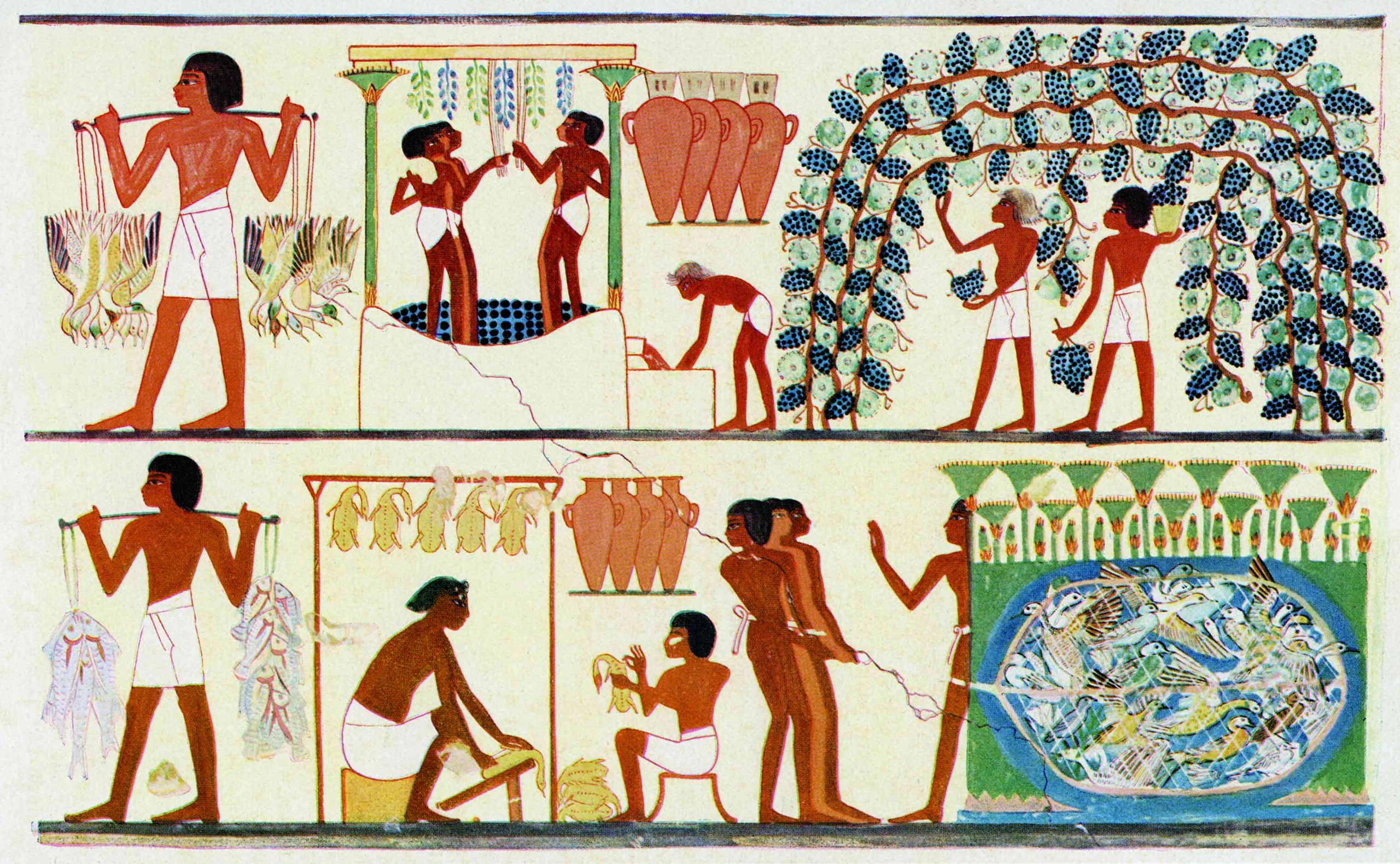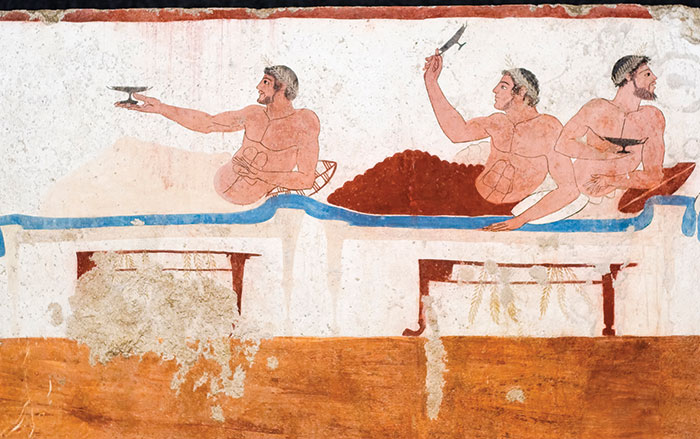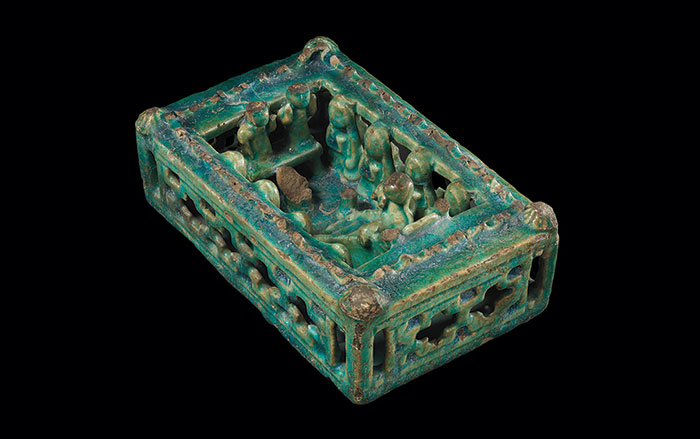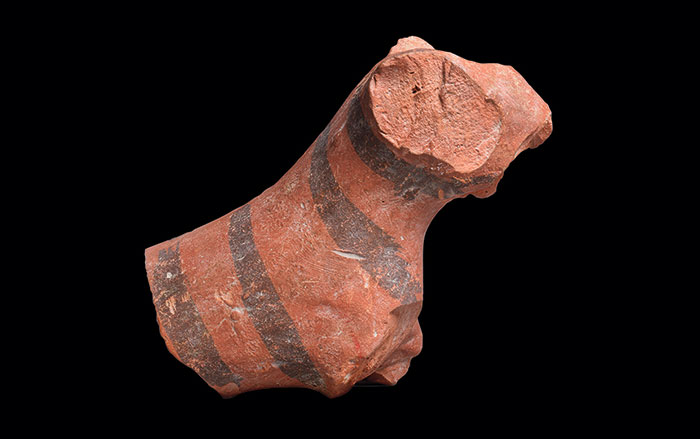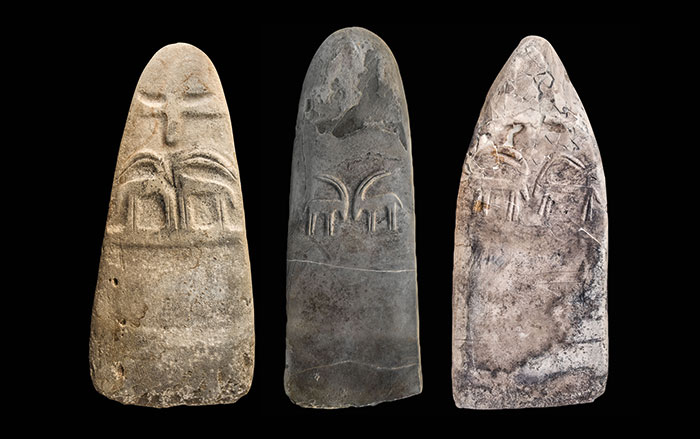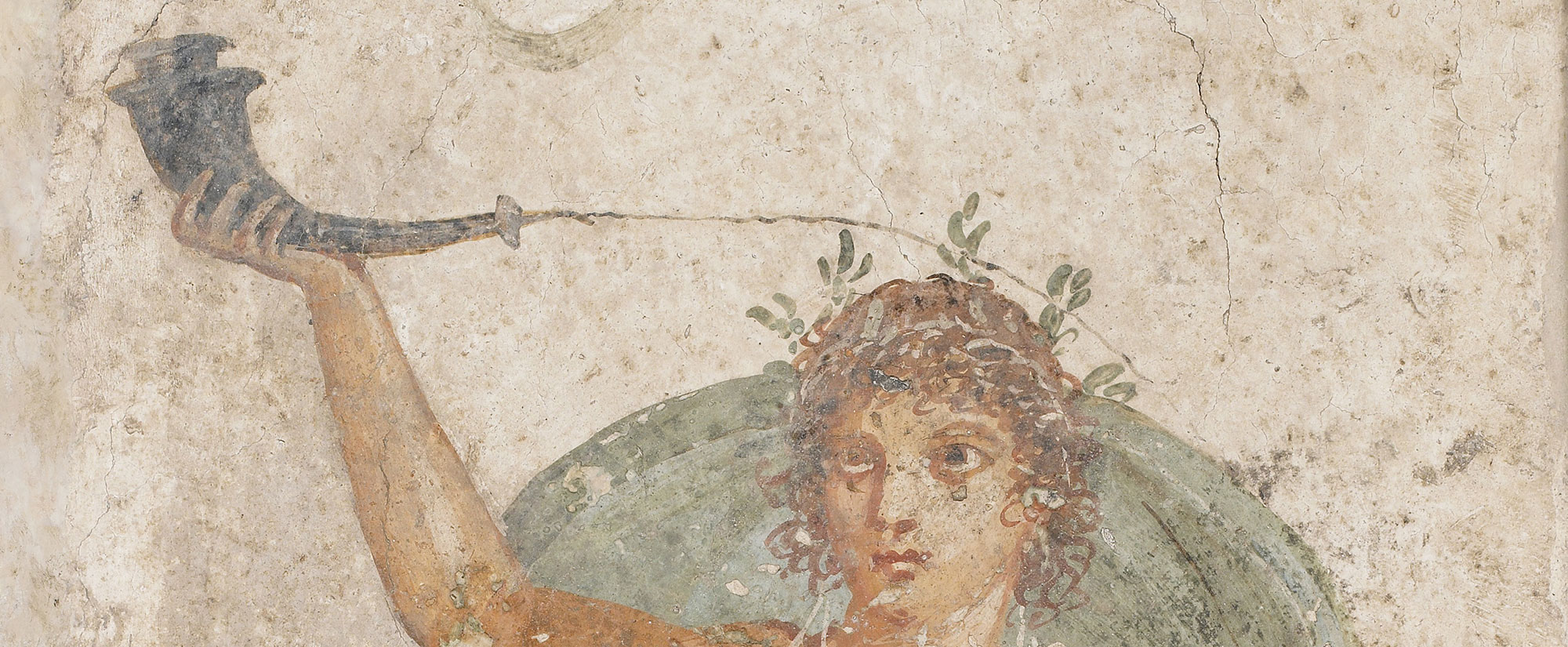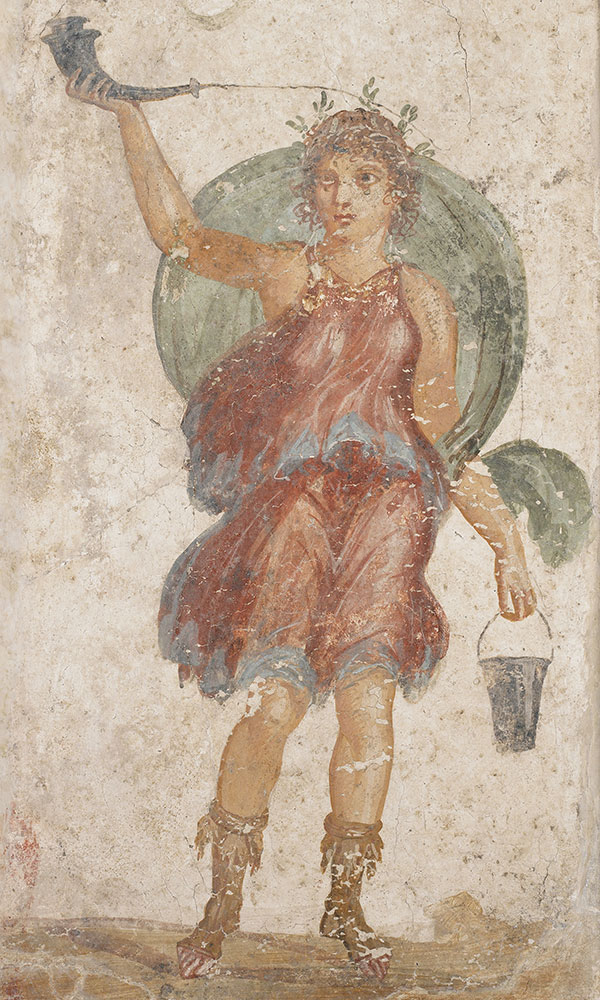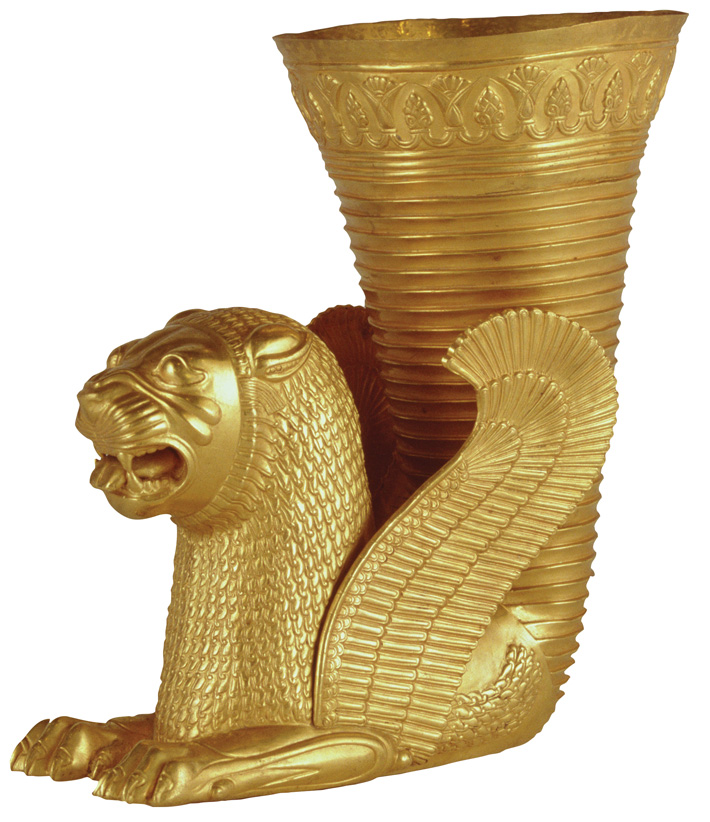
For the kings of the Achaemenid Empire, who ruled much of the ancient Near East from 550 to 330 B.C., there was little—apart from hunting lions and conquering the world—that rivaled a rhyton of fine wine. But for these powerful potentates, wine was not just a pleasurable pastime. It was also not, despite what the fifth-century B.C. Greek historian Herodotus would have people believe, evidence of the kings’ profligate behavior and poor decision-making skills characterized by zealous over-imbibing. “Wine drinking and distribution not only embodied refinement, wealth, and power for the Achaemenids, but also provided an opportunity for rewarding loyalty and implementing political strategy,” says linguist Ashk Dahlén of Uppsala University. “Banquets were inherently public, political acts. They were central to the construction of royal identity and demonstrated that the empire was a supreme player on the world stage.”
At such splendid affairs, wine was served by the Royal Cup Bearer, a role known from records such as the Persepolis Administrative Archives to have been one of the highest trust. The bearer would have been an excellent sommelier and, says Dahlén, well versed in different wines and the particular customs associated with them. “The variety of wine at the king’s table was not a matter of sheer self-indulgence,” he says, “but served as a symbol of the king’s power and his capacity to attract tribute.” Unlike Greek symposiums, where the presence of “proper” women was not allowed, in the Achaemenid court, women were fully included, says Dahlén, all part of what he calls the “ancient Iranian dolce vita.”
